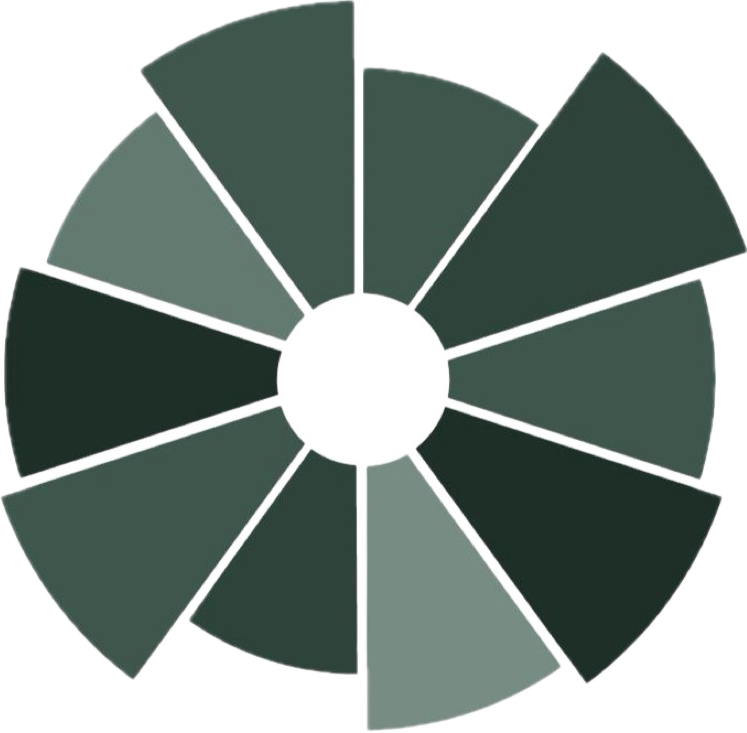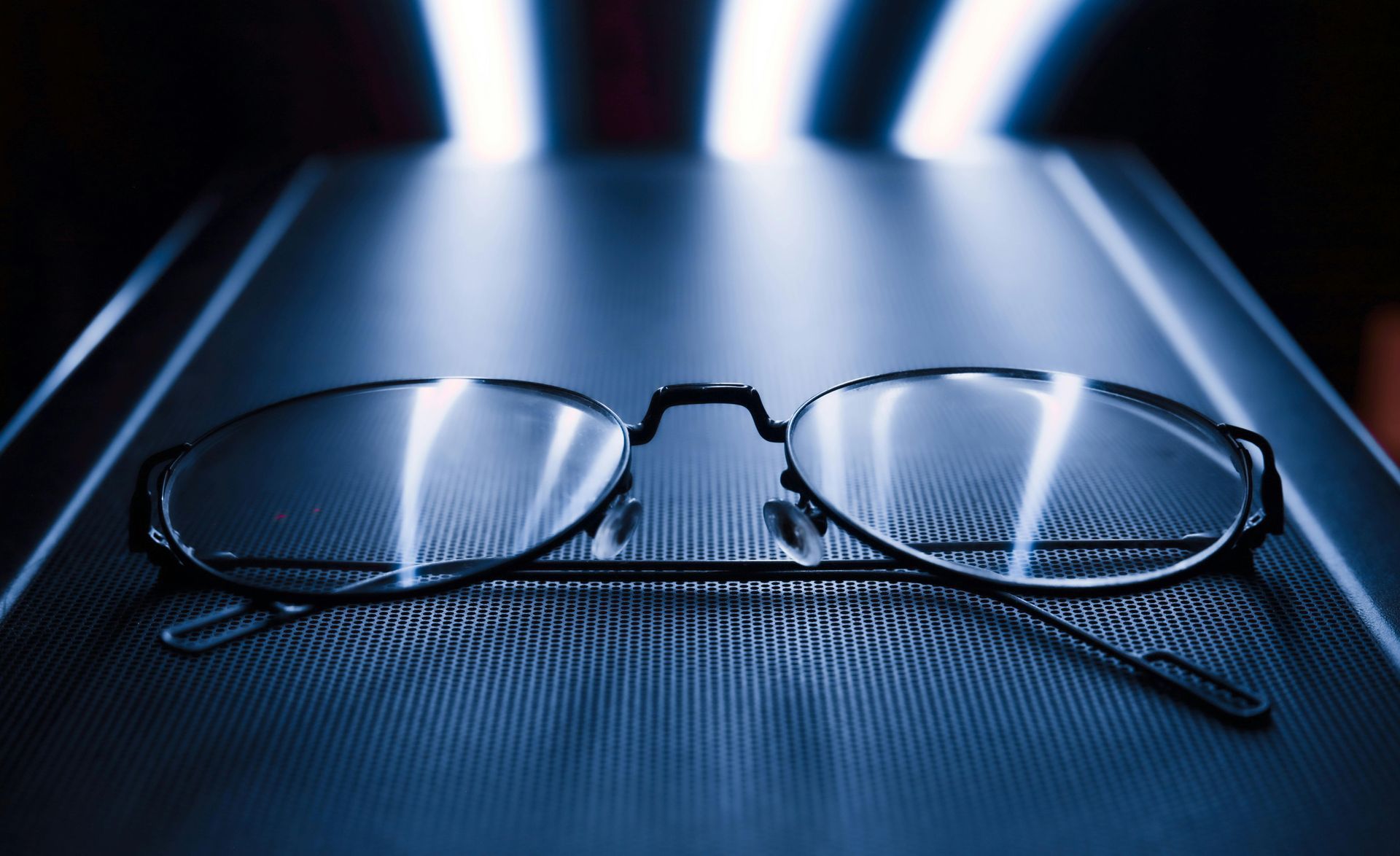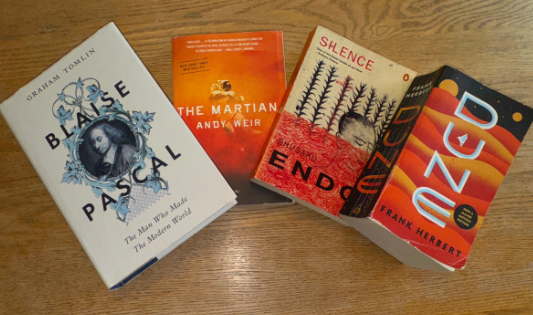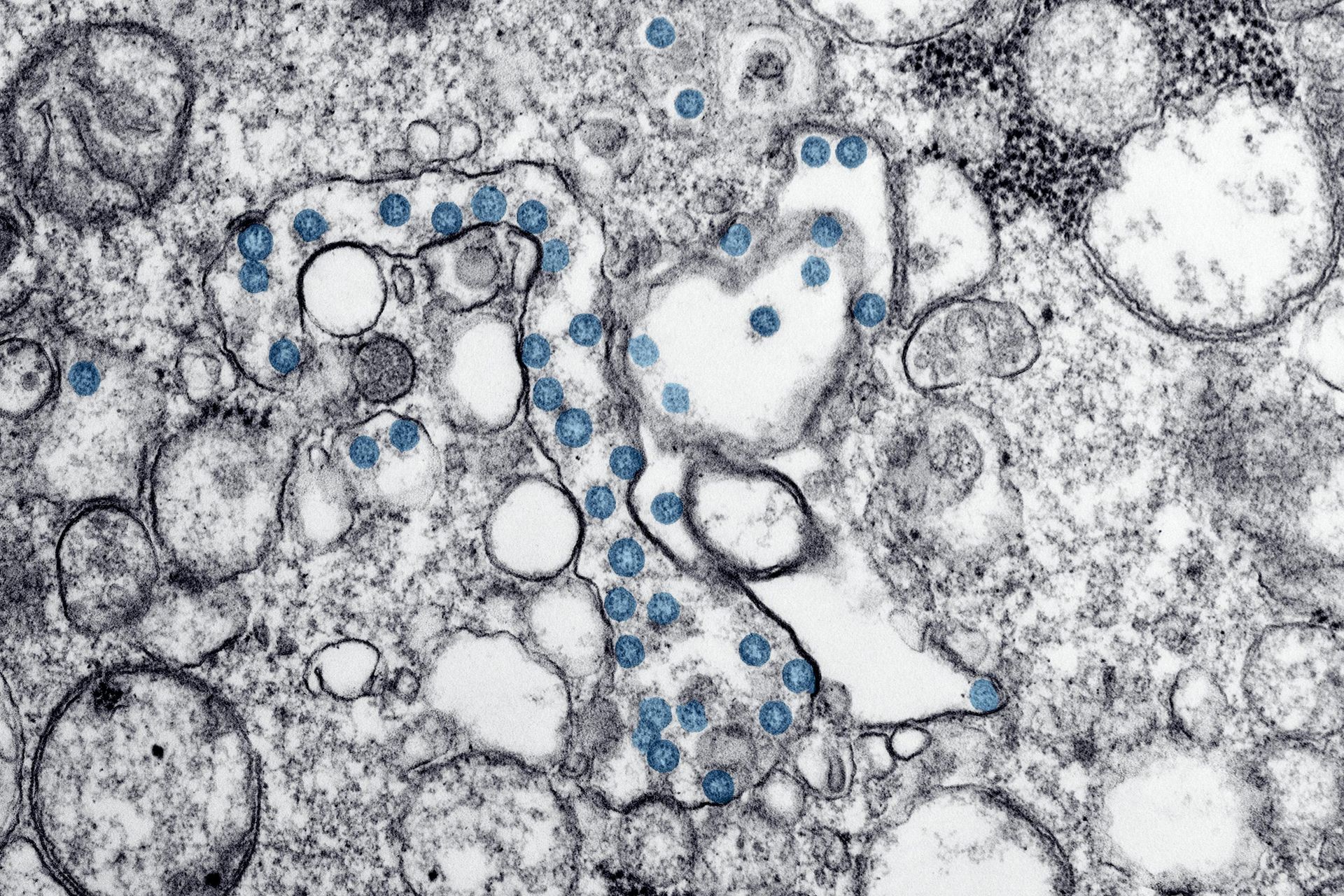An exciting time to be an optometrist

Blog vol 3. 45. An exciting time to be an optometrist.
In May of 1987, a very long time ago, I graduated from Optometry school at the University of Waterloo. It really seems long when your own children are now graduating from the same program. Back in 1987, optometrists were able to use dilating drops to look into the back of the eye; this was a new and exciting development. Until 1985 we could only use anesthetic and fluorescein as drops for diagnosing eye conditions.
Fast forward to 2023, optometrists are now removing foreign bodies from the front of the eye, treating glaucomas with drops, prescribing antibiotics, antivirals, and steroids, and treating chronic dry eyes. All these changes happened gradually over the last 30 or so years but, wow, here we are.
Just last week, I attended the annual Symposium of the Ontario Association of Optometrists. The weekend was packed with courses on current research and clinical advice on a variety of topics. One of my favourites was a 2-hour session on all the latest advances in diagnosis and treatment of a full range of conditions and diseases.
Guess what? If you have been following my blog over the past three years, you have been updated on much of the current research and promising developments in the eye care field.
One topic of research that I have briefly touched on before is the early detection of systemic diseases on the cellular level at the back of the eye. Many diseases affect the whole body and since we can look at actual cells in the back of the eye we can see early changes or irregularities.
I have not been super excited about this so far for two reasons: one, the indicators must be clear, and two, it must be helpful to have an early diagnosis, otherwise we are just getting people upset and anxious when it is not necessary or helpful.
For example, we will be able to catch Alzheimer’s disease at a very early stage by taking photos of the eye. A company out of Toronto called Retispec (read more here) is using fundus camera technology that is readily available, using specific wavelengths and some sophisticated Artificial Intelligence (AI) to detect early biomarkers, like amyloid plaques, that are present in the retina.
The hope is that this non-invasive screening tool will readily pick up the disease and then spur on further research into early treatment. The time for this technology is almost here; we do know that aerobic exercise, the use of statins, and omega-3 fatty acid supplements can slow down dementia, but we are much in the dark here. The hope is that as we learn more about the condition, we can find more substantial help.
The real usefulness of this technology, at least as related to Alzheimer’s, is still in the future but it does open the way for the possibility of early treatment which, if we are going to get the better of this disease, we are going to need.
I will definitely keep you updated as this is a promising line of research.
‘til next week,
the good doctor






